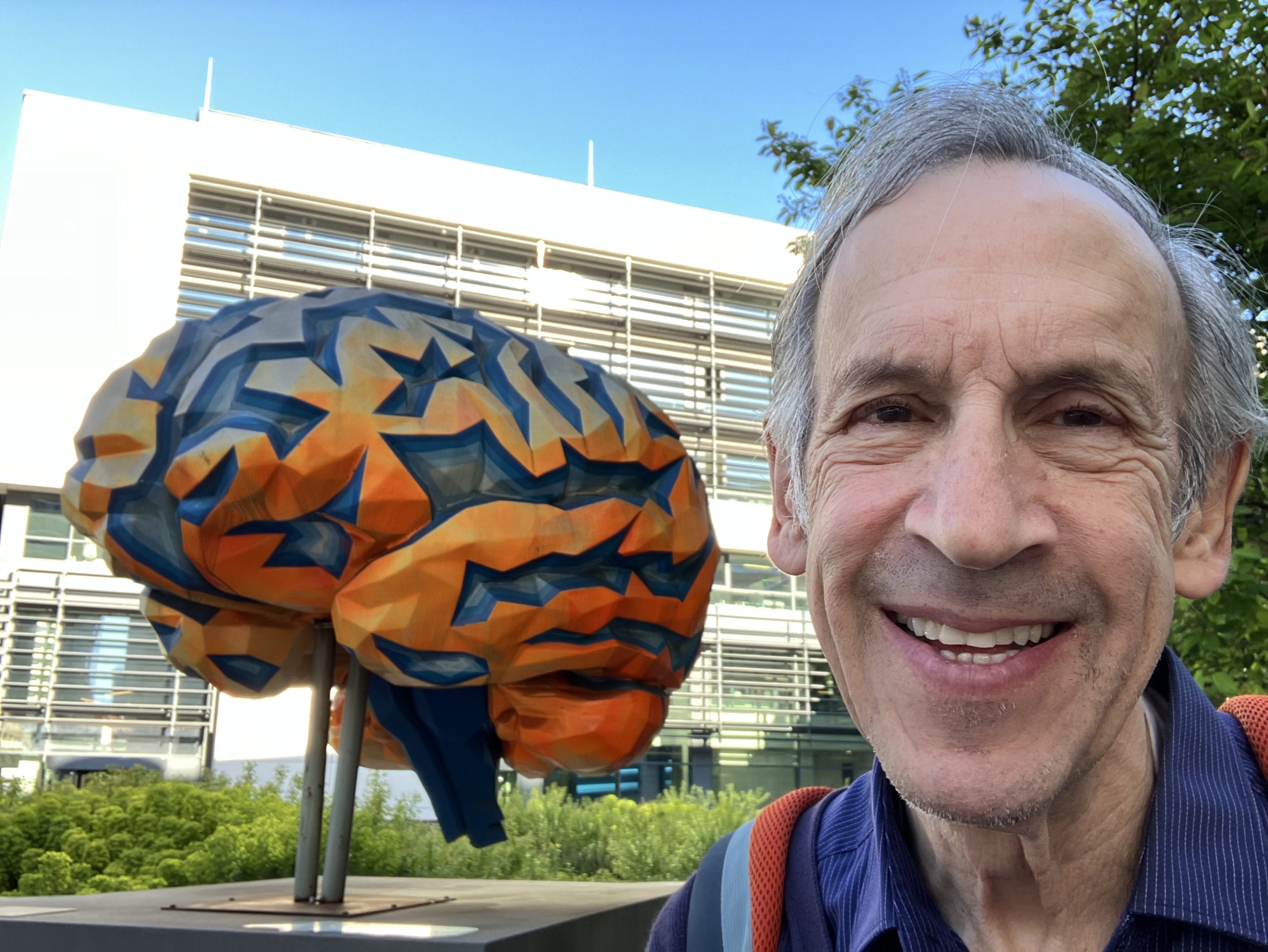Lessons in Critical Thinking
I wish to enhance the awareness of how we think and show how decisions involving patients and scientific matters are influenced by word choice, preconceived ideas, framing, biases, and inattentiveness. Using entertaining and informative stories from my clinical and scientific experience and from the history of medicine and science I illustrate ways in which critical thinking skills can be developed and awareness of thought processes enhanced. Medical professionals and scientists are faced with an enormous amount of information coming from scientific literature, computerized patient records and artificial intelligence. Methods for dealing with this avalanche of data and ways to retain focus on key patient and scientific matters are explored, and practical suggestions to improve doctor-patient interactions are included. It is important to focus on patient care in regard to the patient’s life context and personhood. Attention to critical thinking can enhance understanding of the humanity of both the patient and the doctor. Awareness of thought is also essential for innovative and compassionate care and research.
About the speaker
Robert P. Friedland, MD, is a cognitive neurologist devoted to the study of brain disorders of aging. He is the Mary and Mason Rudd Chair and Professor of Neurology, Anatomy, and Neurobiology at the University of Louisville School of Medicine. He is a graduate of CCNY (1969) and the Mount Sinai School of Medicine (1973). He worked in the Lawrence Berkeley Laboratory and was Chief of the Section on Brain Aging of the NIA, NIH (1985-1990). At Case Western Reserve University, he was Professor of Neurology, Psychiatry, and Radiology (1990-2008). His work is focused on Alzheimer’s and related disorders, with collaborators in the USA, the UK, Japan and Israel. Recently his research has suggested a key role of intestinal bacteria in the initiation and progression of Alzheimer’s, Parkinson’s and amyotrophic lateral sclerosis. His studies of humans and animals in the US, Japan, the Middle East and Kenya have helped to advance the concept that the risk of aging-related brain diseases can be lowered through our personal actions.

